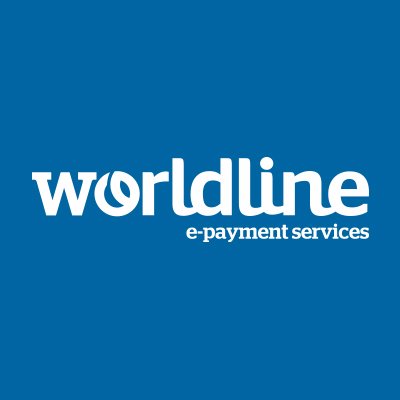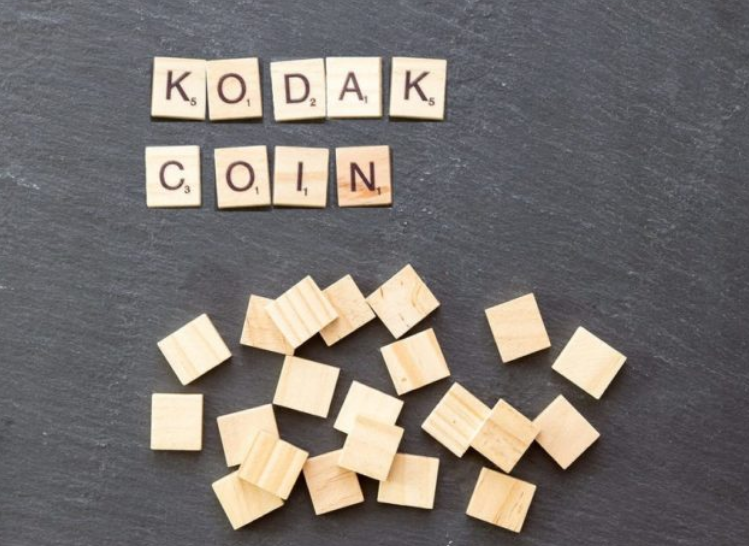 Worldline, a huge Swiss-based global payments business with over 11,000 employees in 30+countries, has just made two announcements.
Worldline, a huge Swiss-based global payments business with over 11,000 employees in 30+countries, has just made two announcements.
It has now agreed with WeChat, a subsidiary of the hugely successful Tencent in China, meaning that WeChat’s 800 million customers can now use WeChat to pay for goods and services using their mobile phone (just as they do in China). According to data from Nielsen, over 91% of Chinese tourists overseas use their mobile phone to pay for items. Therefore it is hoped that by enabling WeChat customers to be able to spend money using their phone they will, in turn, spend more than the CHF660 million Chinese tourists spent in 2018. These tourists already spend twice the amount ($288 billion) that American tourists do ($140 billion) while travelling, so any more convenient solution will surely be welcomed.
Worldline has also agreed to partner with Bitcoin Suisse so that cryptocurrencies can be used by its customers and accepted for payments both on and off-line. This announcement consolidates Switzerland’s continued interest and acceptance of digital assets, and arguably the Swiss are stealing a lead in the use of Blockchain technology and digital assets over many other countries. Switzerland now has over 800 companies working in, what is sometimes referred to as, ‘Crypto-valley’.
Given the various rumours regarding China looking to launch its digital currency, the close ties it has with the Chinese government and the massive adoption of WeChat in China itself, it will be interesting to see how quickly Worldline (with its worldwide payments network) starts to handle a Chinese digital currency. If Worldline is now embracing Bitcoin Suisse to process cryptocurrencies, surely it would be relatively straightforward to process a digital Chinese currency. The prize for Worldline and, indeed, for the Chinese is neither in Europe nor America but is to have a solution to target the 1.7 billion that the World Bank, itself, states remain unbanked - many of whom are based in faster-growing economies in Asia, Africa and South America. Those who historically have not had a bank account arguably do not need a bank, if they can receive and transfer payments on a mobile phone. In the same way, in many parts of Africa, the infrastructure of land telephone lines never had to be built, as mobile phone technology enabled Africans to communicate without these.
Meanwhile, Visa, MasterCard, American Express have also all partnered with WeChat so that tourists coming into China will be able to use the WeChat platform to pay for transport, hotels, food etc. To date, it had only been possible to use WeChat (and Alipay) if you had a Chinese bank account - now this will not be required. Alipay and WeChat, with 1.2 billion and 1.13 billion active monthly users respectively, have been truly embraced as being the two main methods for China’s citizens to pay without using cash. A digital version, which can be used globally and potentially at a lower cost, is no doubt appealing for users. Digital currency is also a powerful new monetary tool which can allow governments to track and monitor spending and also enables it to influence...
Worldline has also agreed to partner with Bitcoin Suisse so that cryptocurrencies can be used by its customers and accepted for payments both on and off-line. This announcement consolidates Switzerland’s continued interest and acceptance of digital assets, and arguably the Swiss are stealing a lead in the use of Blockchain technology and digital assets over many other countries. Switzerland now has over 800 companies working in, what is sometimes referred to as, ‘Crypto-valley’.
Given the various rumours regarding China looking to launch its digital currency, the close ties it has with the Chinese government and the massive adoption of WeChat in China itself, it will be interesting to see how quickly Worldline (with its worldwide payments network) starts to handle a Chinese digital currency. If Worldline is now embracing Bitcoin Suisse to process cryptocurrencies, surely it would be relatively straightforward to process a digital Chinese currency. The prize for Worldline and, indeed, for the Chinese is neither in Europe nor America but is to have a solution to target the 1.7 billion that the World Bank, itself, states remain unbanked - many of whom are based in faster-growing economies in Asia, Africa and South America. Those who historically have not had a bank account arguably do not need a bank, if they can receive and transfer payments on a mobile phone. In the same way, in many parts of Africa, the infrastructure of land telephone lines never had to be built, as mobile phone technology enabled Africans to communicate without these.
Meanwhile, Visa, MasterCard, American Express have also all partnered with WeChat so that tourists coming into China will be able to use the WeChat platform to pay for transport, hotels, food etc. To date, it had only been possible to use WeChat (and Alipay) if you had a Chinese bank account - now this will not be required. Alipay and WeChat, with 1.2 billion and 1.13 billion active monthly users respectively, have been truly embraced as being the two main methods for China’s citizens to pay without using cash. A digital version, which can be used globally and potentially at a lower cost, is no doubt appealing for users. Digital currency is also a powerful new monetary tool which can allow governments to track and monitor spending and also enables it to influence...
#FrontierInsights
Payments
Worldline
Digitised



